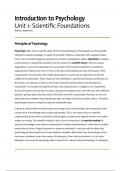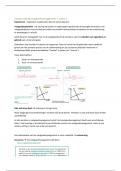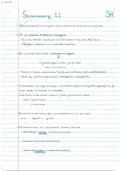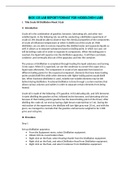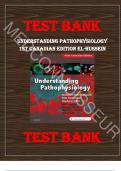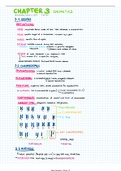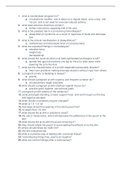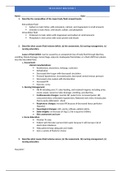Class notes
Introduction to Psychology: Unit 1 Notes
- Course
- Psyc 1030
- Institution
- University Of Memphis
In Unit 1 of Introduction to Psychology, we explore the fundamental concepts and foundations of the field. The unit introduces the definition of psychology as the scientific study of behavior and mental processes, emphasizing the importance of research methods in developing psychological knowledge....
[Show more]
